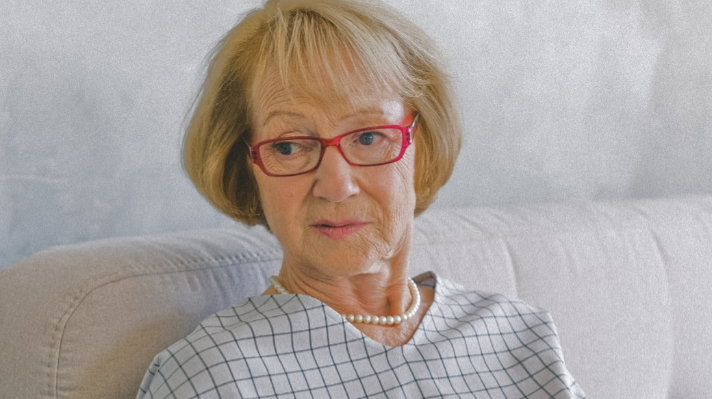By Voula Plagakis
Estimated read, 2:20 min
While attending a professional conference recently, I had the opportunity to catch up with colleagues whom I haven’t seen in a long time. Since I only see many of these colleagues at this annual event, chatter about work, family, and health is at the forefront. At this particular conference, my ear was especially tuned in to what I call #AgeSpeak. I define it as any phrase or comment that makes a reference to a person’s age that perpetuates ageism.
#AgeSpeak phrases and language flow through conversations and are usually buffered by a laugh, a wink, or a smile making them appear harmless. “I would have never guessed your age!” means my image of what old is, is not what you are. “You can still bike 75 km?” means my image of what older people can do is not what you can do. When we preface references to our past with “I’m dating myself” it means prior experiences are less valuable than newer experiences. Most of these comments are not ill-intended but they do harm in a subtle silent way. This is how externalized ageism feeds internalized ageism.
I first learned about internalized ageism at a virtual event held by Top Sixty Over Sixty last June. I have always tried to be mindful of the language that falls into stereotype territory because stereotypes are shortcuts that lead to assumptions that deny the richness and diversity of all people living in this world. Yet, not as mindful as I want to be.
I caught myself using #AgeSpeak when introducing a few new hires in a work context to the rest of us who have been there a while: “Welcome to all the new people, meet all the old people!” Everyone smiled, a few laughed, and I experienced internalized mortification! This was an unintentional shortcut on my part to facilitate introductions and move on with the workshop I was leading. This experience taught me that even when we are mindful, internalized ageism lurks within because we have experienced it for so long and it takes sustained effort to undo it. Now I am going from being mindful to being better prepared by building a bank of new phrases to use in such situations.
My ears have been picking up on #AgeSpeak all around and I’ve begun thinking of alternatives whenever I can. When I heard Dr. Mitch on CJAD radio say, “Booster shots are especially important for older people — sorry older is 65 and up”, I considered texting the station and telling the good doctor not to be sorry but to mind his #AgeSpeak because it’s bad for everyone’s health.
With the holidays around the bend, why don’t we perk up our ears for #AgeSpeak and try to offer alternatives, with a wink, laugh or smile of course!


0 Comments